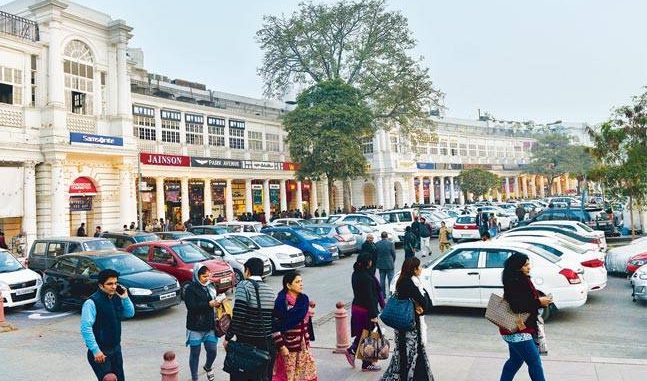
Usman Nasim, a research associate at the Centre for Science and Environment, points out why raising parking fees is a positive move
On MoUD planning to raise parking fees in Delhi?
It’s a very good move. Without effective parking restraints, the city cannot bend the curve of explosive motorisation and air pollution. As per the Economic Survey of Delhi (2014-15), the number of private cars here is 2.8 million. Parking this, consumes no less than nine per cent of Delhi’s territorial area, equivalent to 479 football fields.
In contrast, the National Sample Survey of 2011 says that slums use only six per cent of Delhi’s land area. As per our own studies, 95 per cent of a car’s lifetime is spent on parking.
Will it be too harsh on Delhiites?
Indian cities, in fact, have the cheapest parking rates in the world. Delhi has an average parking rate of $1.32/hour versus London’s $65.97 and Tokyo’s $62. Some have recently realised that parking space is a precious commercial commodity and hence revised their policies.
Kolkata, for example, has made it illegal to park in narrow lanes at night. Jaipur has introduced a ‘proof of parking space’ system to purchase a car.
If private cars are disincentivised, will the public transport system be able to bear the load?
People at large do want a great public transportation system. Not everyone is in a mood to drive everyday or capable of affording chauffeurs. However, since we have low parking rates, it gives an addition financial incentive to opt for private cars.
The car rationing scheme actually created a public-side demand for a better transportation system.
What impact will it have on the environment?
It will be a blessing. Private vehicles already contribute half of the total particulate load from the transport sector. This is getting worse with increase in number of diesel cars and SUVs.
Source: India Today

Leave a Reply